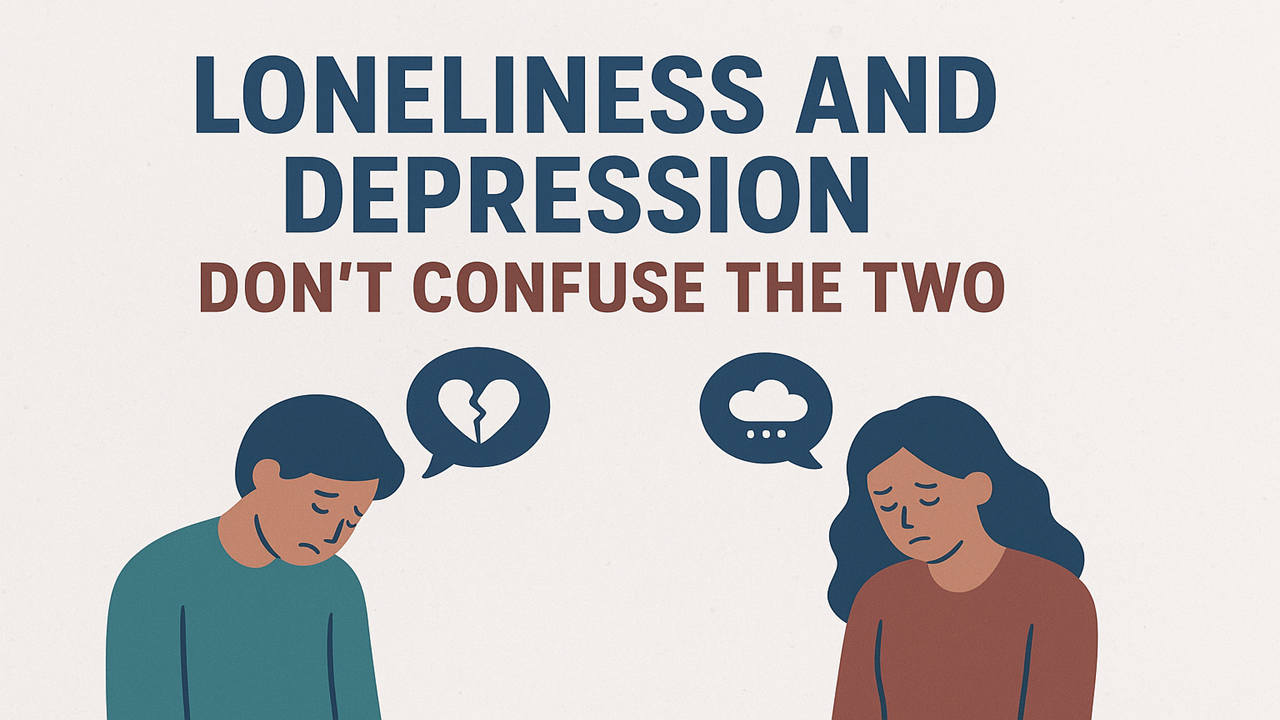
- 29 Nov 2024
- Psy. Ashish Pandey
Understanding Emotional Abuse
Emotional abuse is one of the most
insidious forms of harm, yet it often goes unnoticed. Unlike physical abuse,
emotional abuse doesn't leave bruises or scars that are visible to the eye, but
its effects can be just as damaging, if not more so. It targets a person's
inner self, undermining their sense of worth, identity, and mental well-being.
What
is Emotional Abuse?
Emotional abuse is a pattern of
behavior where one person manipulates, controls, belittles, or undermines
another person’s emotional health and sense of self-worth. It can occur in any
type of relationship — romantic, familial, friendships, or even in the
workplace. Though it may be subtle at first, emotional abuse tends to escalate
over time.
Emotional abuse can include:
- Verbal abuse:
Insults, name-calling, or constant criticism designed to hurt or degrade.
- Gaslighting:
A manipulative tactic where the abuser makes the victim doubt their own
reality, memory, or perceptions.
- Isolation:
The abuser may try to cut off the victim from friends, family, or support
networks to increase dependence.
- Control:
The abuser attempts to control aspects of the victim's life, such as their
actions, choices, or relationships.
- Threats or intimidation: The abuser uses threats to instill fear and control
the victim, such as threatening to harm them or someone they love.
The
Emotional Toll
The effects of emotional abuse can
be profound and long-lasting. Victims may begin to feel:
- Anxiety and depression: Emotional abuse erodes self-esteem, leading to
constant fear and feelings of inadequacy.
- Low self-worth:
Over time, the victim may start to believe the negative things the abuser
says about them.
- Confusion and self-doubt: Gaslighting can leave the victim second-guessing their
own reality and feeling disoriented.
- Post-traumatic stress: The repeated exposure to emotional abuse can result in
PTSD, leading to triggers that provoke fear and anxiety long after the
relationship ends.
Recognizing
Emotional Abuse
Because emotional abuse doesn’t
leave visible marks, it can be difficult to recognize, especially if it starts
gradually. However, some key warning signs include:
- Constant feelings of worthlessness or inadequacy.
- Feeling like you are walking on eggshells around a person
to avoid anger or conflict.
- Feeling isolated from friends or family because of the
other person’s behavior.
- Questioning your own perceptions or reality.
Why
Do People Stay in Emotionally Abusive Relationships?
Many victims of emotional abuse stay
in these relationships for various reasons:
- Fear of retaliation:
Abusers often use threats or intimidation to control their victims, making
them fear the consequences of leaving.
- Love and hope for change: Victims may hope that their abuser will change or that
things will get better over time.
- Isolation and dependence: Abusers often cut off the victim’s support network,
leaving them feeling isolated and reliant on the abuser for emotional
support.
- Shame or guilt:
Victims may feel ashamed or believe they are somehow responsible for the
abuse.
Reclaiming
Your Power
If you are experiencing emotional
abuse, it's important to remember that you are not alone, and this abuse is
never your fault. There are steps you can take to break free from the cycle of
emotional abuse:
1.
Recognize
the signs: Understanding that you are being
emotionally abused is the first step toward reclaiming your power.
2.
Reach out
for support: Talk to a trusted friend, family
member, or therapist who can provide perspective and help you build a plan for
change.
3.
Set
boundaries: If possible, begin to set healthy
boundaries with the abuser to protect your emotional well-being.
4.
Seek
professional help: Therapy or counseling can be
invaluable in healing from emotional abuse and rebuilding self-esteem.
5.
Make a
plan to leave (if necessary):
In some cases, leaving the relationship may be the safest option. It’s
important to plan your exit carefully and reach out to support organizations
that can help.
Healing
and Moving Forward
Healing from emotional abuse is a
journey. It takes time, but recovery is possible. With the right support, you
can regain your sense of self-worth, rebuild your confidence, and create a
future where you are no longer controlled or manipulated by another person.
Remember, you deserve to be treated
with love, respect, and kindness. You are worthy of healthy, nurturing
relationships. Take the first step toward healing today — you have the power to
break free from emotional abuse and reclaim your life.
Take
Action
If you or someone you know is
experiencing emotional abuse, don’t hesitate to reach out for help. Support is
available, and no one deserves to live in an environment where they are
emotionally harmed.
In the face of emotional abuse, silence
is not strength — speaking up is.






